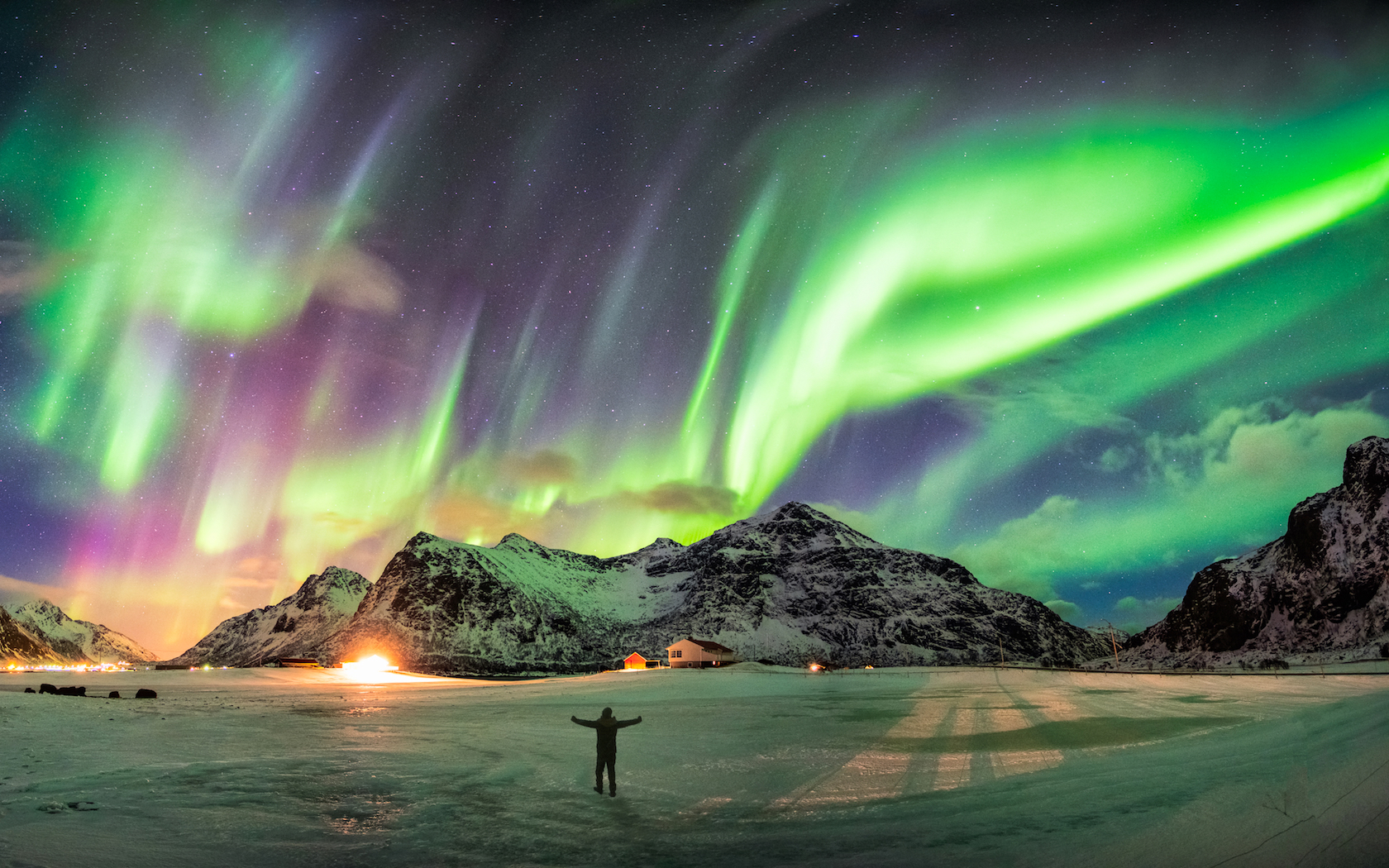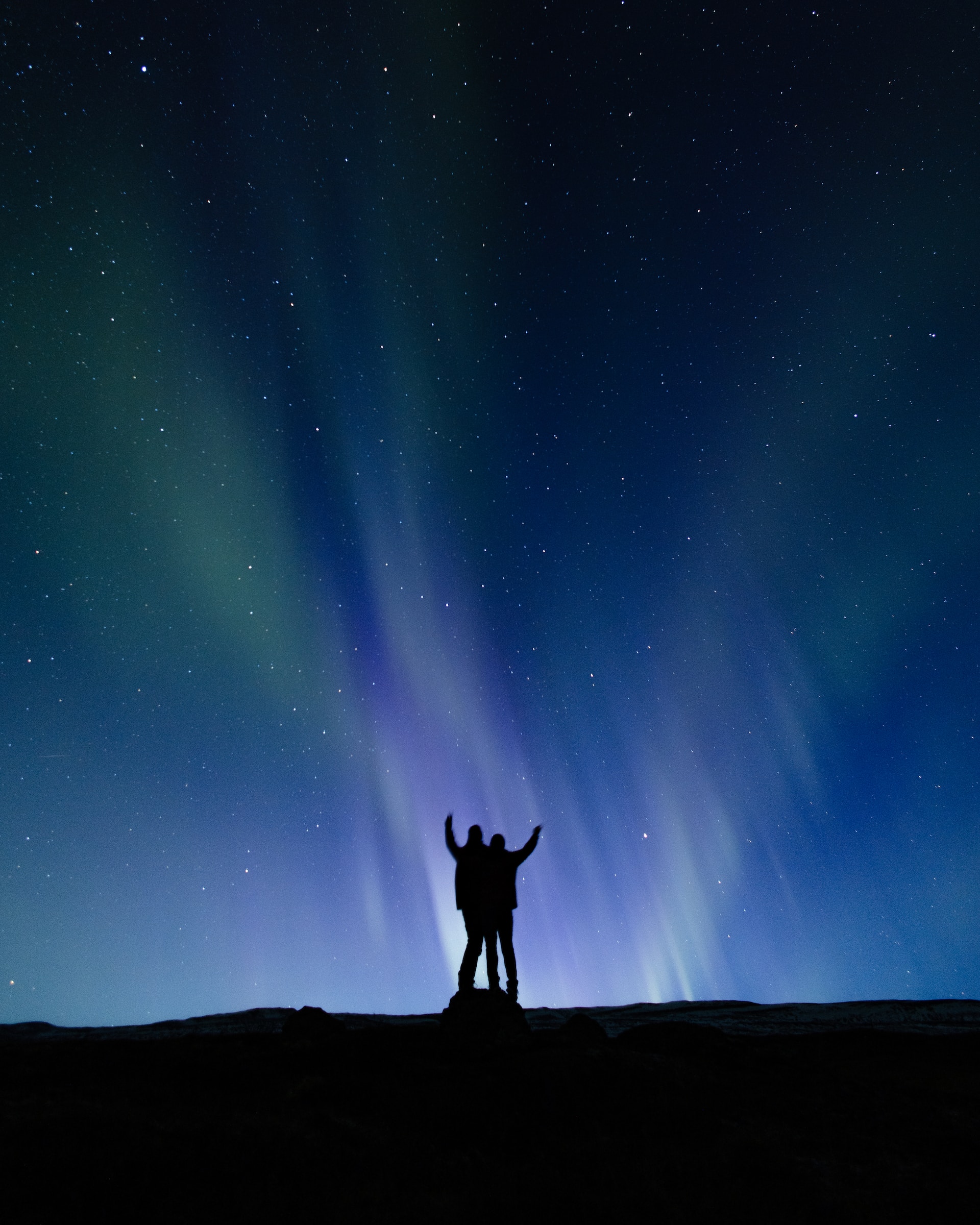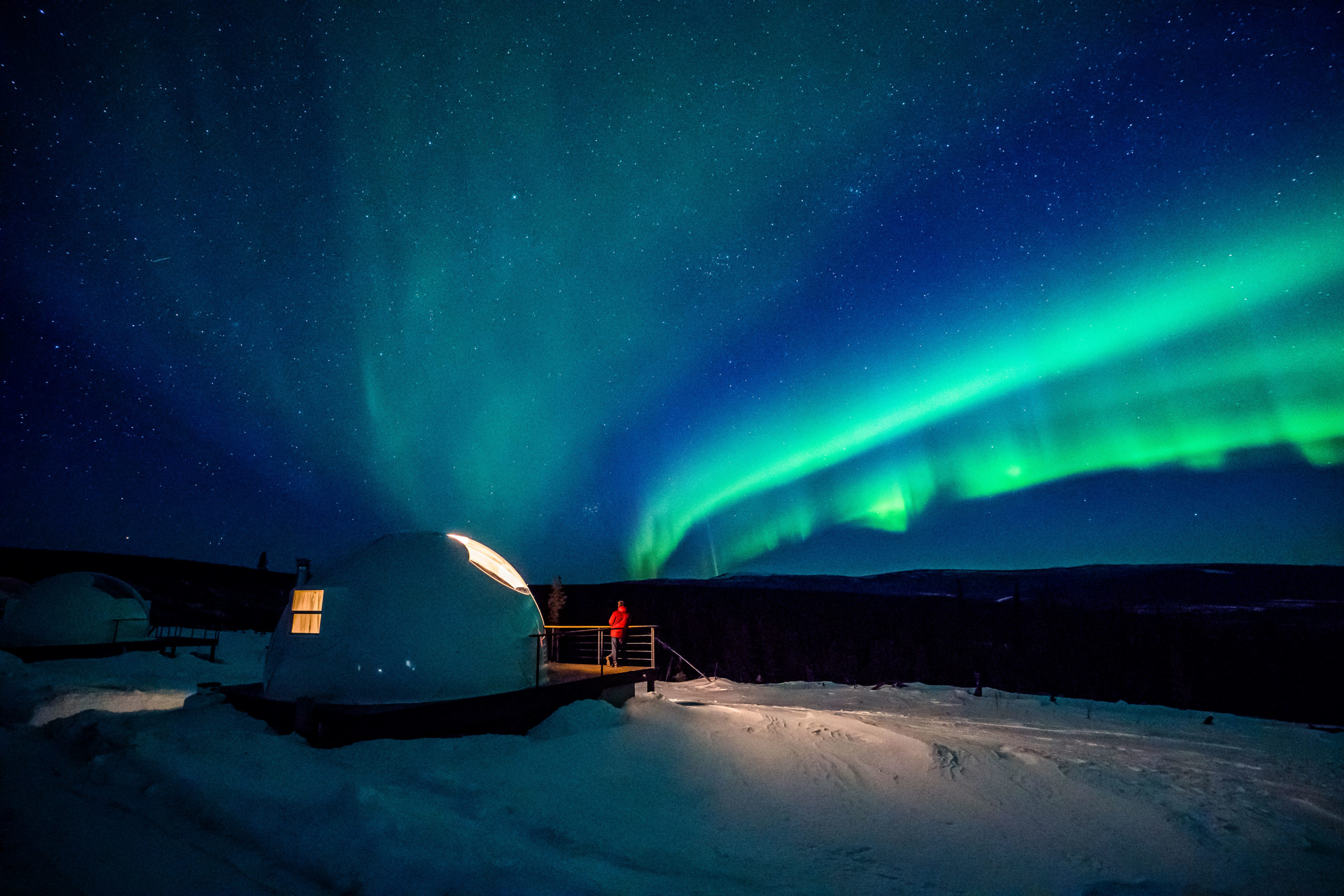Understanding the Aurora Borealis: A Guide to Viewing the Northern Lights in Boston
Related Articles: Understanding the Aurora Borealis: A Guide to Viewing the Northern Lights in Boston
Introduction
With enthusiasm, let’s navigate through the intriguing topic related to Understanding the Aurora Borealis: A Guide to Viewing the Northern Lights in Boston. Let’s weave interesting information and offer fresh perspectives to the readers.
Table of Content
- 1 Related Articles: Understanding the Aurora Borealis: A Guide to Viewing the Northern Lights in Boston
- 2 Introduction
- 3 Understanding the Aurora Borealis: A Guide to Viewing the Northern Lights in Boston
- 3.1 The Science Behind the Aurora Borealis
- 3.2 The Geography of the Aurora Borealis
- 3.3 The Visibility of the Northern Lights in Boston
- 3.4 Factors Affecting Aurora Visibility
- 3.5 How to Increase the Chances of Seeing the Northern Lights in Boston
- 3.6 Related Searches:
- 3.7 FAQs about the Northern Lights in Boston:
- 3.8 Conclusion:
- 4 Closure
Understanding the Aurora Borealis: A Guide to Viewing the Northern Lights in Boston

The northern lights, also known as the aurora borealis, are a breathtaking natural phenomenon that captivates audiences worldwide. While often associated with the far north, the question of whether or not the northern lights are visible in Boston arises frequently. This article delves into the intricacies of the northern lights and explores the possibility of witnessing this celestial display in Boston.
The Science Behind the Aurora Borealis
The northern lights are a result of charged particles from the sun interacting with the Earth’s atmosphere. These particles, known as solar wind, are carried by the sun’s magnetic field and travel towards Earth at high speeds. Upon reaching Earth, some of these particles are trapped by the Earth’s magnetic field, which guides them towards the poles.
As these charged particles collide with atoms and molecules in the Earth’s upper atmosphere, they excite them to higher energy levels. When these excited atoms return to their ground state, they release energy in the form of light, creating the vibrant, dancing displays of the northern lights.
The Geography of the Aurora Borealis
The northern lights are most commonly observed in regions located near the Earth’s magnetic poles, specifically within the auroral oval. This oval encircles the magnetic North Pole and extends down to latitudes around 60 degrees, encompassing countries such as Canada, Alaska, Greenland, Iceland, Norway, Sweden, Finland, and Russia.
The Visibility of the Northern Lights in Boston
Boston, located at approximately 42 degrees north latitude, sits outside the typical auroral oval. This means that the northern lights are rarely visible from the city itself. However, during periods of intense solar activity, known as geomagnetic storms, the auroral oval can expand southward, potentially bringing the northern lights within view of Boston.
Factors Affecting Aurora Visibility
Several factors influence the visibility of the northern lights in Boston:
- Solar Activity: The intensity of the solar wind and the frequency of geomagnetic storms directly impact the strength and extent of the auroral displays. During periods of high solar activity, the auroral oval expands, increasing the likelihood of seeing the northern lights further south.
- Light Pollution: Artificial light sources from cities and towns can significantly obscure the faint glow of the northern lights. To maximize viewing opportunities, it’s crucial to find a location with minimal light pollution, such as a remote area away from urban centers.
- Weather Conditions: Clear skies are essential for observing the northern lights. Cloud cover can block the view of the aurora, making it impossible to see.
How to Increase the Chances of Seeing the Northern Lights in Boston
While the northern lights are not a regular occurrence in Boston, there are steps you can take to increase your chances of witnessing this spectacular phenomenon:
- Monitor Space Weather Forecasts: Websites and apps dedicated to space weather provide forecasts of solar activity and geomagnetic storms. By tracking these forecasts, you can identify periods when the auroral oval is likely to expand southward.
- Choose a Dark Location: As previously mentioned, light pollution can hinder your ability to see the northern lights. Find a location away from city lights, ideally in a rural area with clear skies.
- Be Patient: The northern lights are a dynamic phenomenon, and their appearance can be unpredictable. Patience and persistence are key to maximizing your chances of witnessing this natural wonder.
Related Searches:
1. Northern Lights Forecast Boston: Several websites and apps provide aurora forecasts specifically for Boston. These forecasts can help you determine the likelihood of seeing the northern lights on a particular night.
2. Best Time to See Northern Lights in Boston: While the northern lights are not a regular sight in Boston, the best time to see them is during periods of high solar activity, often coinciding with the spring and fall equinoxes.
3. Northern Lights Viewing Spots Near Boston: While Boston itself is not an ideal location for viewing the northern lights, several locations within a few hours’ drive offer better viewing opportunities. These locations typically feature dark skies and minimal light pollution.
4. Northern Lights Photography Tips: Capturing the beauty of the northern lights in photographs requires specific techniques and equipment. Online resources and photography tutorials can provide valuable insights into photographing the aurora.
5. Northern Lights History: The northern lights have fascinated humans for centuries, inspiring myths and legends in various cultures. Exploring the historical significance of the aurora can deepen your appreciation for this celestial phenomenon.
6. Northern Lights Mythology: Many cultures have developed myths and legends surrounding the northern lights, often attributing them to supernatural beings or celestial events. Learning about these stories can offer a unique perspective on human perception of the aurora.
7. Northern Lights Science: Understanding the scientific principles behind the northern lights can enhance your understanding of this natural phenomenon. Researching the interactions of solar wind and the Earth’s magnetic field can provide a deeper appreciation for the complex processes involved.
8. Northern Lights Tours: Several tour companies offer specialized tours to destinations known for their frequent northern lights displays. These tours often include transportation, accommodation, and expert guidance on viewing and photographing the aurora.
FAQs about the Northern Lights in Boston:
Q: Can I see the northern lights in Boston?
A: While Boston is outside the typical auroral oval, it is possible to see the northern lights during periods of intense solar activity.
Q: What time of year is best to see the northern lights in Boston?
A: The best time to see the northern lights in Boston is during periods of high solar activity, often coinciding with the spring and fall equinoxes.
Q: Where is the best place to see the northern lights near Boston?
A: To maximize your chances of seeing the northern lights, it’s best to find a location with dark skies and minimal light pollution, preferably in a rural area away from city lights.
Q: How can I predict when the northern lights will be visible in Boston?
A: Monitoring space weather forecasts can help you predict periods of high solar activity, increasing the likelihood of seeing the northern lights.
Q: What equipment do I need to see the northern lights?
A: You don’t need any special equipment to see the northern lights. However, a pair of binoculars or a telescope can enhance your viewing experience.
Q: What are some tips for photographing the northern lights?
A: To capture the beauty of the northern lights in photographs, use a camera with a wide-angle lens, a tripod for stability, and a long exposure setting.
Conclusion:
While Boston is not typically known for its northern lights displays, the possibility of witnessing this celestial spectacle exists during periods of intense solar activity. By monitoring space weather forecasts, choosing a dark location, and being patient, you can increase your chances of seeing the northern lights in Boston. Remember, the northern lights are a dynamic and unpredictable phenomenon, and witnessing this breathtaking display is a testament to the wonders of the natural world.

/GettyImages-498928946-59cd1dd3af5d3a0011d3a87e.jpg)






Closure
Thus, we hope this article has provided valuable insights into Understanding the Aurora Borealis: A Guide to Viewing the Northern Lights in Boston. We thank you for taking the time to read this article. See you in our next article!

